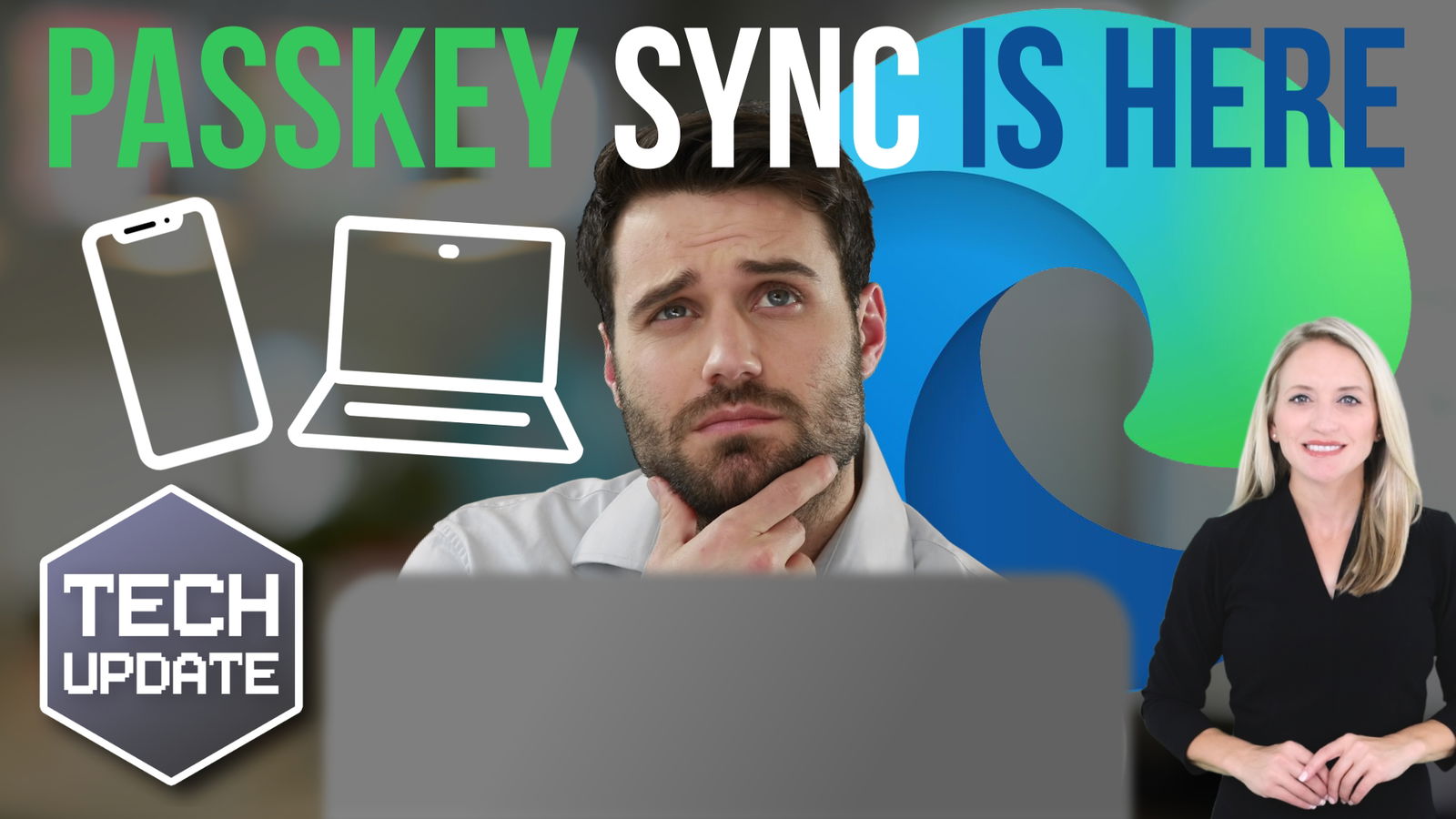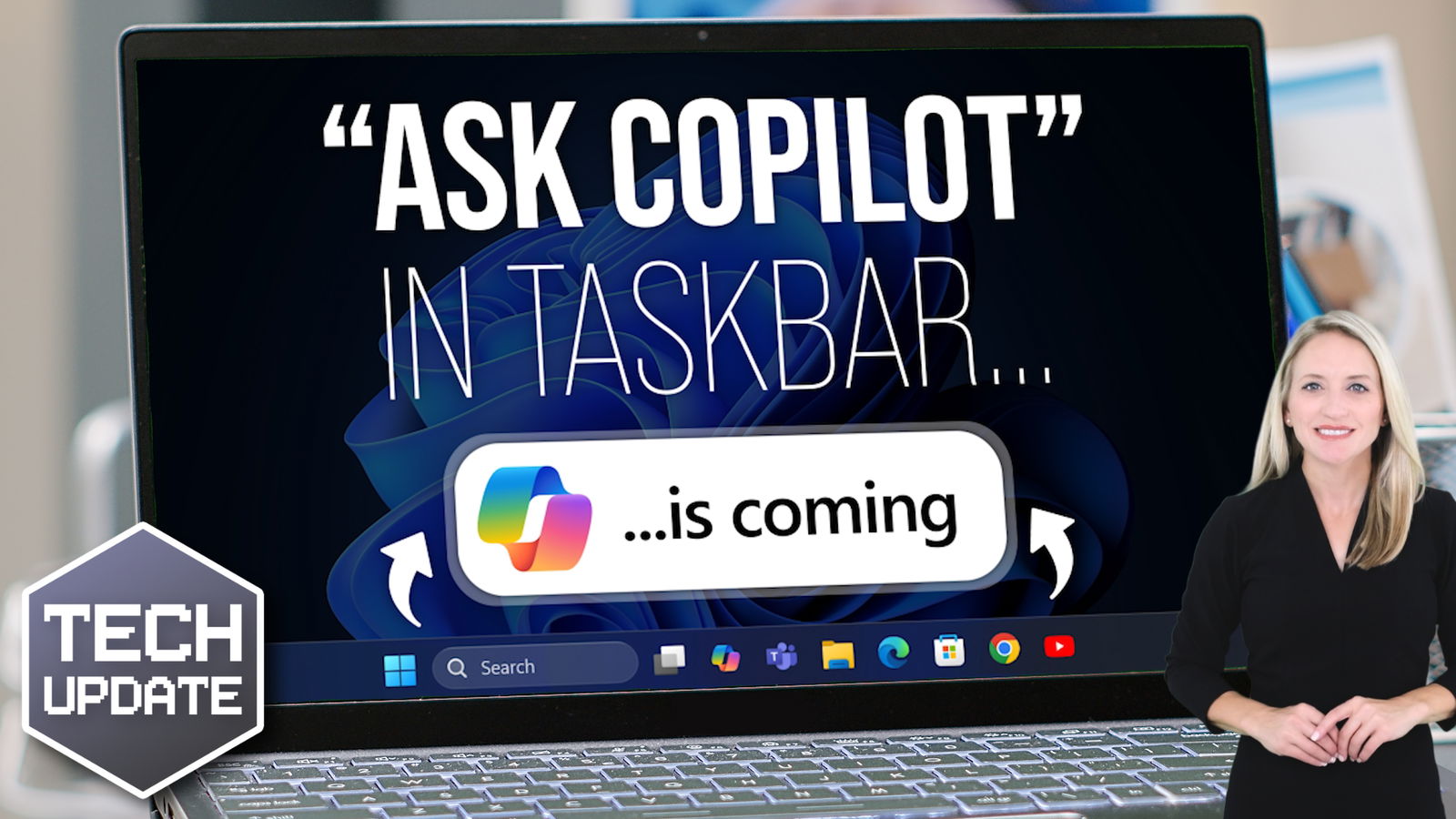Countless employers still don’t trust their people to do their best work unless they’re physically in the office. But while managers may be struggling to adjust to our new hybrid world, this perception is a long way from the truth.
Research from around the world reveals that greater flexibility from remote and hybrid working often results in a major boost to productivity. Yet still some firms are bringing back an office-only policy.
Employers may be grappling with the fallout of the last few years and hoping that a return to the office will result in a post-pandemic productivity boost.
But seeing as hybrid workers show improved morale, greater creativity and better collaboration (compared with pre-pandemic levels), this could be a big step in the wrong direction.
Big Brother will never be popular
Some businesses have increased their employee monitoring to try and track performance. But this is often perceived as a Big Brother tactic that ends up having the opposite effect – a drop in productivity, a lack of trust, demoralized teams, and a greater feeling of ‘us and them’.
All businesses need to understand how they are performing and decide which metrics give the best insight into productivity. But this has to be done in a way that doesn’t leave employees feeling like cogs in a machine.
So what’s the answer?
There is some clear advice for building a productive and successful hybrid environment:
- Encourage people to work in the way that’s best for them
- Find the right ways to measure performance – without people feeling like they’re constantly being watched
- Automate repetitive tasks to free up your team’s creativity
- And provide everyone with the tools and tech they need to do their job properly. That could include choosing the right devices, using communication tools that aid collaboration, and making the right connectivity choices.
We can help with all of this.
So if you’re having trouble adjusting to a hybrid world, get in touch – we’re here to help.


